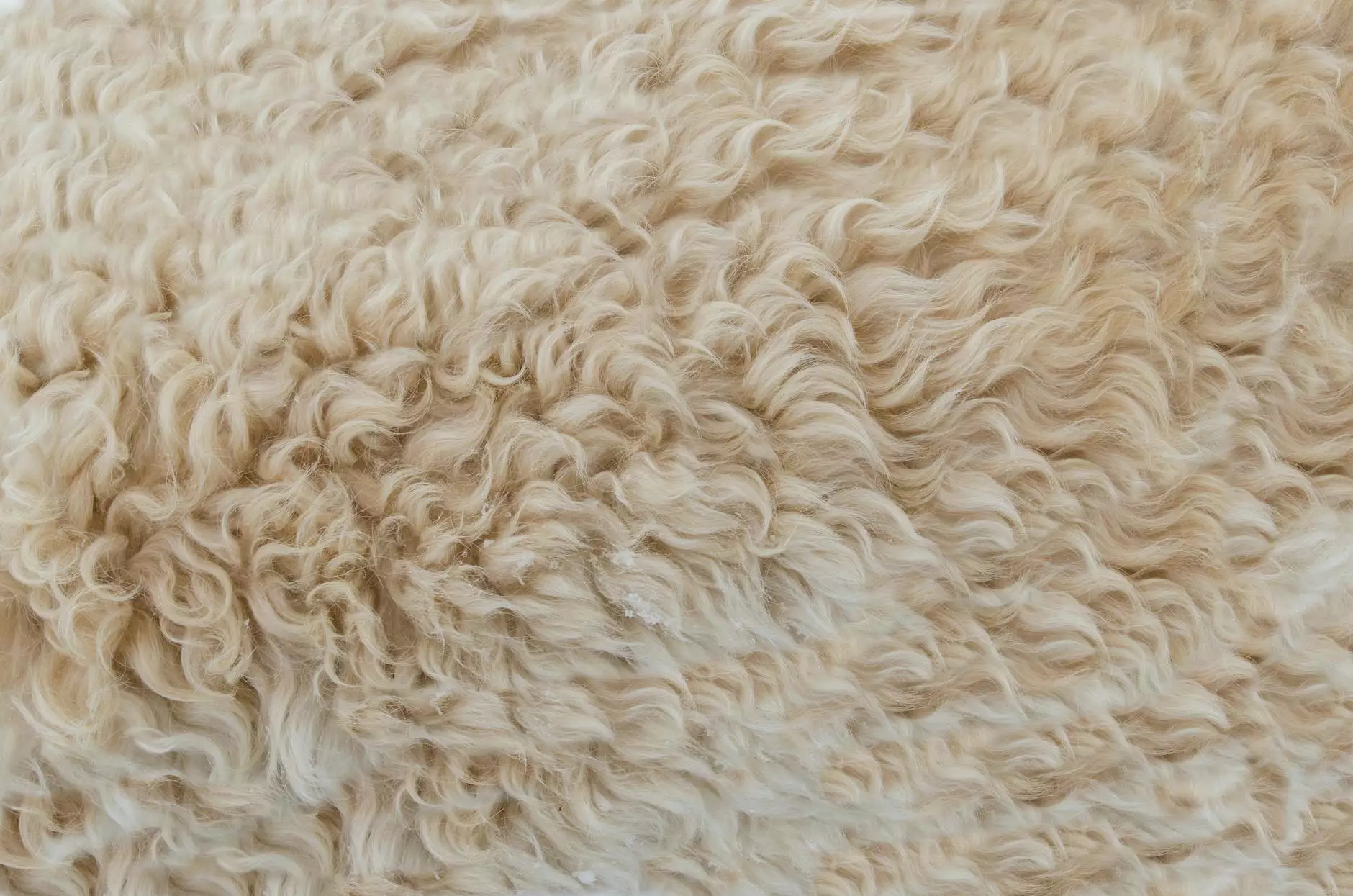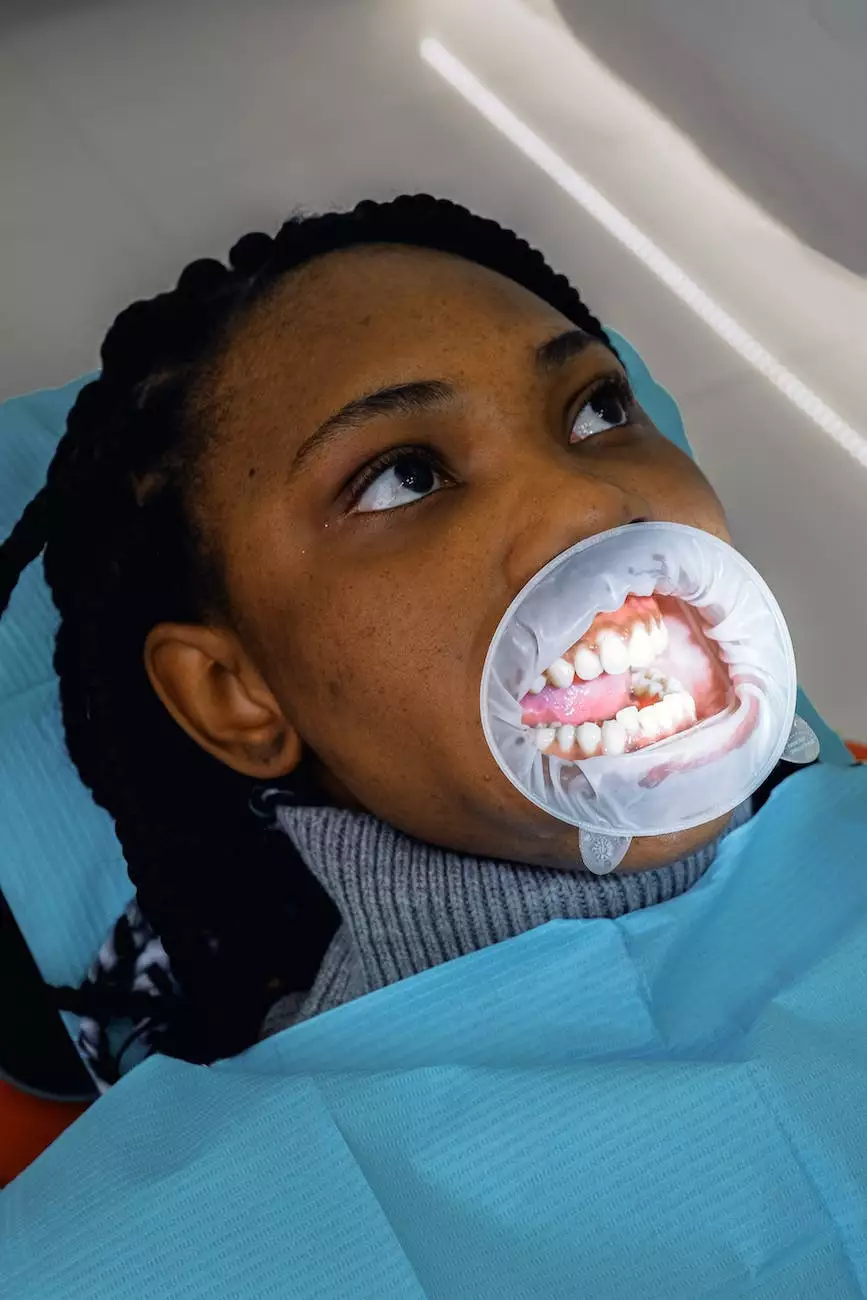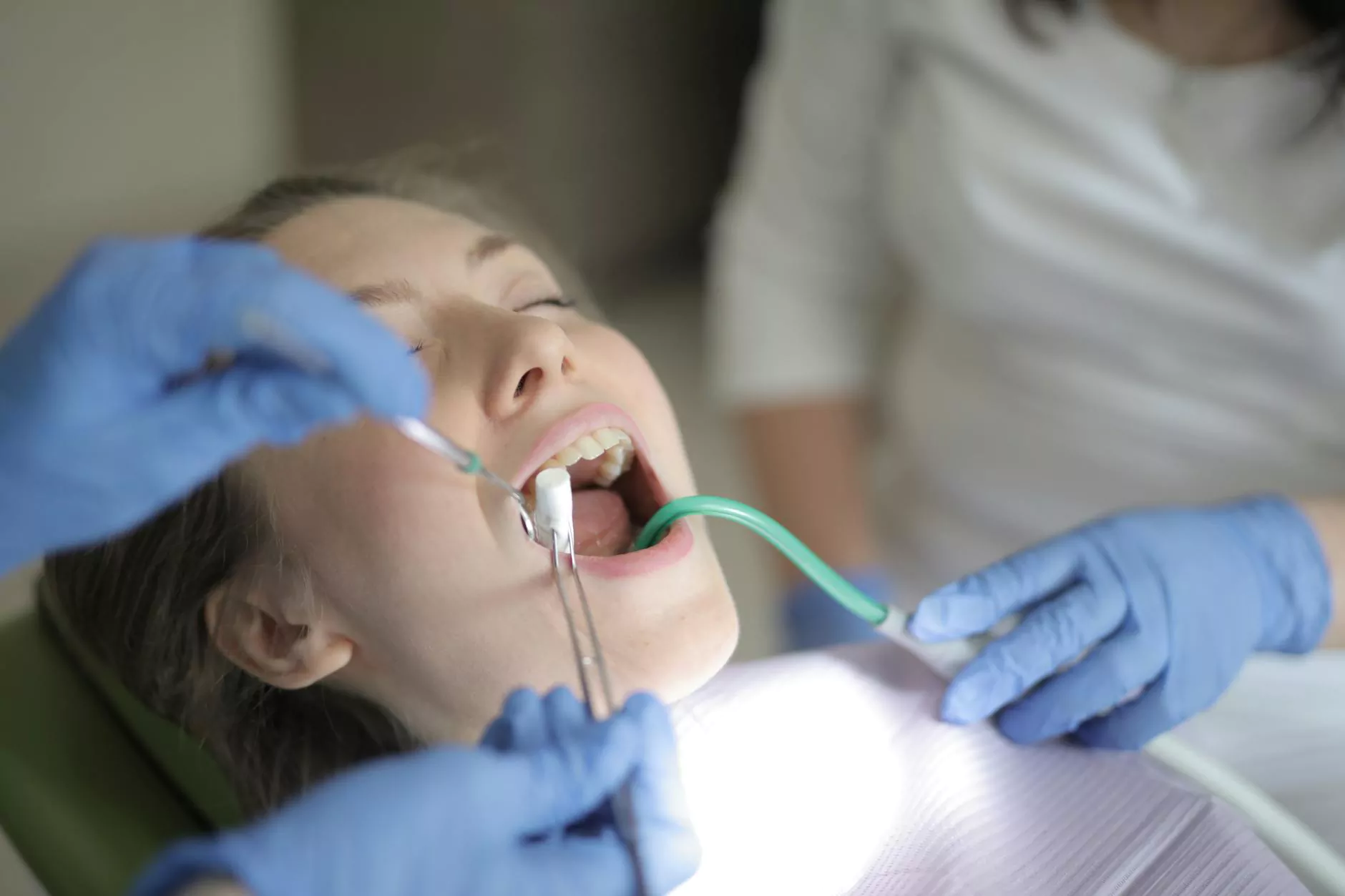Soft Splint Materials in Dentistry

Introduction
Welcome to EdwardByrne.com, your ultimate source for information on soft splint materials used in dentistry. In this comprehensive article, we will explore the benefits and applications of soft splint materials in general dentistry. As a leading authority in the field, our team of expert dentists at Edward Byrne Dental Care is dedicated to providing the highest quality dental solutions to our patients.
Understanding Soft Splint Materials
Soft splint materials are advanced dental devices made from durable and comfortable materials that are custom-fitted for patients. They are designed to provide support and protect teeth, gums, and surrounding oral tissues. Soft splints are often used by dentists to alleviate symptoms of various dental conditions, promote healing, and prevent further damage.
The Benefits of Soft Splint Materials
Soft splints offer numerous benefits for patients undergoing dental treatment or dealing with specific dental issues. These benefits include:
- Pain Relief: Soft splints can help relieve pain caused by conditions such as temporomandibular joint disorders (TMJD) or dental trauma. They provide cushioning and reduce pressure on sensitive areas.
- Protection: Soft splints act as a protective barrier, shielding teeth and gums from excessive grinding, clenching, or impact, thereby preventing further damage.
- Support: By providing support to weakened or misaligned teeth, soft splints help promote proper alignment and prevent shifting.
- Enhanced Healing: Soft splints facilitate faster healing of oral tissues by promoting proper blood circulation and reducing inflammation.
- Comfort: Soft splint materials are designed to be comfortable to wear. They adapt to the shape of the mouth, providing a snug fit while allowing normal speech and eating.
Applications of Soft Splint Materials
Soft splints find wide application in general dentistry and are commonly used in the following scenarios:
1. Protection During Sports Activities
Soft splints play a crucial role in protecting teeth and jaw during sports activities. They act as a shock absorber, reducing the risk of dental injuries caused by impacts, falls, or collisions. Athletes, both amateur and professional, can benefit greatly from using soft splints tailored for sports use.
2. Management of Temporomandibular Joint Disorders (TMJD)
TMJD can cause jaw pain, headaches, and difficulty in opening and closing the mouth. Dentists often prescribe soft splints as part of a comprehensive treatment plan to alleviate these symptoms. These splints help to improve jaw alignment, reduce muscle tension, and prevent further damage to the joint.
3. Bruxism and Teeth Grinding
Bruxism, or teeth grinding, is a common condition that can lead to tooth wear, jaw pain, and other oral health issues. Soft splints are custom-made to fit each patient's unique dental structure. When worn at night, they provide a protective layer, preventing teeth from grinding against each other and reducing the damaging effects of bruxism.
4. Post-Oral Surgery Recovery
After dental procedures or oral surgeries, soft splints can aid in the healing process. They help stabilize the oral tissues, protect surgical sites, and minimize pain. Soft splints also prevent accidental damage, such as biting or chewing on the affected areas, allowing for a faster and more comfortable recovery.
Conclusion
Soft splint materials are a valuable addition to the field of dentistry, providing patients with much-needed comfort, protection, and support. At Edward Byrne Dental Care, our experienced dentists utilize the latest advancements in soft splint materials to deliver optimal results to our patients. Contact us today to schedule your consultation and experience the benefits of soft splint materials for yourself.









